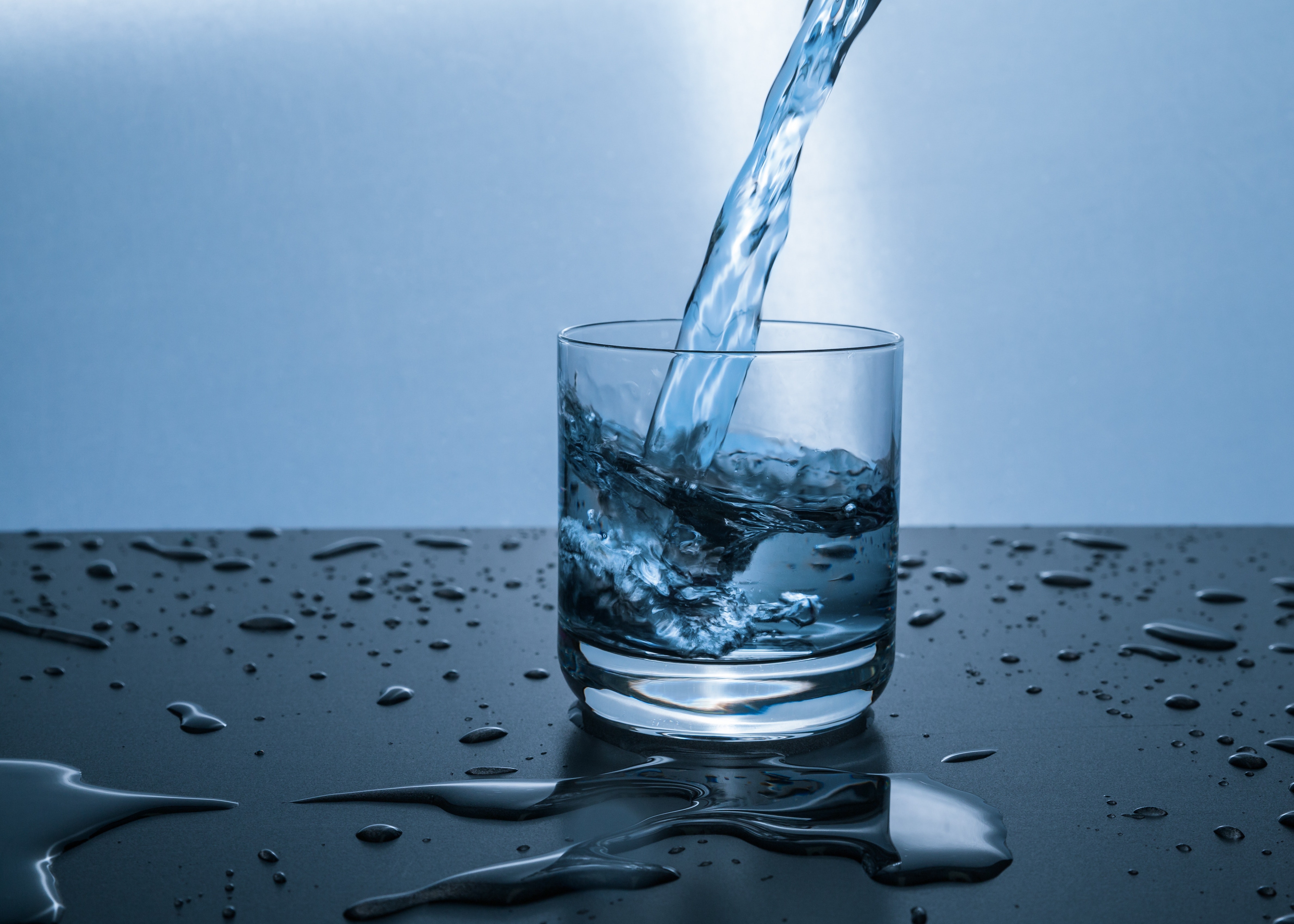
The Double-Edged Sword: The Surprising Dangers of Drinking Too Much Water
Water is essential for life, and drinking an adequate amount of water is crucial for maintaining good health. However, just like with anything, too much of a good thing can become harmful. Overhydration, also known as water intoxication or hyponatremia, occurs when an individual consumes an excessive amount of water that overwhelms the body's ability to excrete it. This can lead to a disturbance in the body's electrolyte balance, primarily sodium, which is essential for proper nerve and muscle function.
Here are some of the harmful effects of overhydration:
Electrolyte Imbalance:
The most significant risk associated with overhydration is the dilution of sodium in the blood, a condition known as hyponatremia. Sodium plays a crucial role in maintaining the body's fluid balance, and when its levels drop too low, it can lead to cellular swelling, affecting the brain, muscles, and other organs. Severe cases of hyponatremia can be life-threatening and require immediate medical attention.
Swelling of Cells:
As water moves into cells due to low sodium levels, the cells may swell, leading to potentially dangerous consequences, especially in the brain. Cerebral edema (brain swelling) can cause headaches, nausea, seizures, and, in severe cases, coma and death.
Digestive Issues:
Overconsumption of water during meals can dilute the stomach acid, impairing digestion and nutrient absorption. This can lead to gastrointestinal problems like bloating, cramping, and a feeling of fullness.
Frequent Urination:
Drinking too much water can increase urine output, leading to frequent trips to the bathroom. This can be inconvenient, disrupt sleep, and even cause an imbalance in electrolytes.
Strain on Kidneys:
The kidneys are responsible for filtering and excreting excess water from the body. Overhydration can put unnecessary strain on the kidneys and may lead to reduced kidney function over time.
Reduced Sodium Levels in Blood:
Low sodium levels in the blood (hyponatremia) can cause symptoms like nausea, vomiting, headache, confusion, and muscle weakness.
Exercise-Related Risks:
Overhydration is particularly concerning in athletes who engage in prolonged and intense physical activity. Drinking excessive amounts of water during exercise without replacing lost electrolytes can lead to dangerous imbalances.
Heart Issues:
Severe cases of hyponatremia can affect the heart's rhythm and function, leading to heart palpitations, fainting, and in extreme situations, cardiac arrest.
To avoid the dangers of overhydration, it is essential to drink water in moderation and listen to your body's thirst signals. The amount of water needed varies depending on factors such as age, gender, activity level, climate, and overall health. A general guideline is to consume about 8 cups (64 ounces) of water per day, but individual needs may vary.
In conclusion, while drinking an adequate amount of water is essential for overall health, overhydration can have severe and potentially life-threatening consequences. It is crucial to strike a balance and avoid excessive water intake to maintain a healthy electrolyte balance and support proper bodily functions. If you suspect hyponatremia or experience symptoms of water intoxication, seek medical attention immediately.


You must be logged in to post a comment.